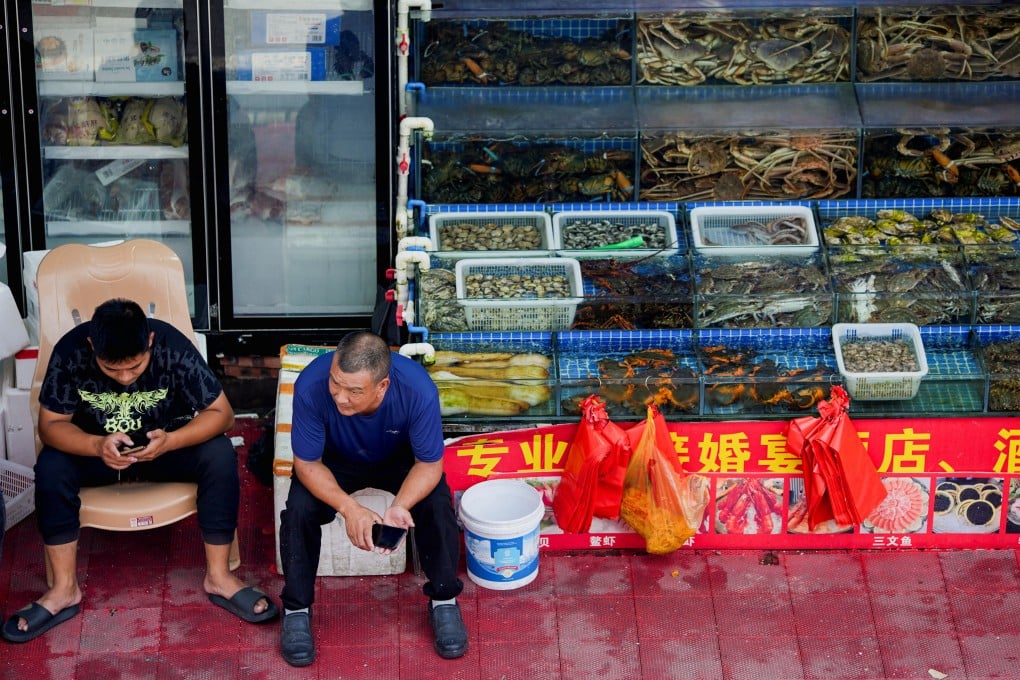Advertisement
Fukushima water release: why China’s ban on Japanese seafood could backfire
- ‘Many people won’t eat seafood’, industry insider says of Chinese consumers, in ‘dangerous sign for the industry’
- Others say that if Beijing really wanted to make a point, it would go after imports of more critically important trade items such as machinery, circuits and cars from Japan
Reading Time:3 minutes
Why you can trust SCMP
99+

China’s decision to ban Japanese aquatic products – following the latter’s controversial discharge of Fukushima nuclear waste water on Thursday – could backfire, analysts say, pointing to potential impacts on China’s own seafood sector.
The move also serves to further cloud the countries’ already deteriorating bilateral trade, they say, as it shows how they may become less dependent on each other, even though aquaculture is not of high importance in Sino-Japan trade.
Japan’s decision to discharge treated nuclear waste water from the Fukushima nuclear plant into the Pacific Ocean angered Beijing, leading to the immediate blockage of all Japanese seafood.
Advertisement
“Clearly, Beijing is making its displeasure very visible with the ban, even if the effect on Japan is not known or knowable at this point. Some of the response from China seems tied to their existing suspicions toward Japan,” said Chong Ja Ian, an associate professor of political science at the National University of Singapore.
He also noted how Beijing did not seem to acknowledge that the waste-water release had been certified by the International Atomic Energy Agency.
Advertisement
Advertisement
Select Voice
Choose your listening speed
Get through articles 2x faster
1.25x
250 WPM
Slow
Average
Fast
1.25x